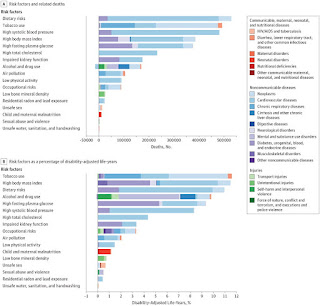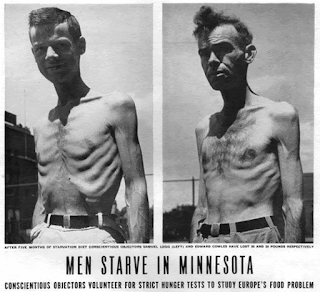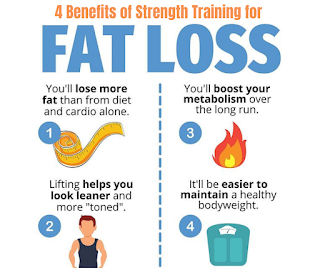If you have lived for any time in our society, you have seen with your own eyes the phenomenon that those with a surplus of money tend to get richer and richer, while those who live hand-to-mouth tend to continually struggle at that same subsistence level. Why?
It is a basic premise in business school that excess capital is an asset to be used in wealth creation. How?
Well, if you have more money than you currently need to pay your bills, then you can invest that extra stash and earn more money. If you do that smartly and judiciously, that interest earned adds to the principal invested and earns even more interest.
Doing this over and over compounds your return and soon your principal is earning as much as you do in your full-time job. Every dollar you add to that principal increases its ability to earn a return. In effect, you have turned your extra capital into a working, contributing member of your household. Now, instead of one wage-earner, you have two--you and your investment account.
This basic tenet of capitalism has an analogue in human physiology, called the p-ratio. Pretty well supported in the scientific literature, the p-ratio refers to the allocation of excess energy intake inside the body.
Ok. What does that mean? And what does that have to do with principal and interest?
Think of it like this: just like with the example of extra money snowballing and building wealth, extra fat in your body tends to snowball and add more and more body fat.
Every cell in your body is competing for that next calorie--that next unit of energy--that comes into your body when you eat. If your skeletal muscle mass is greater than your fat mass, that next nutrient is far more likely to go to the nourishment and growth of that muscle tissue. If, however, you have more fat tissue than muscle, that next calorie is likely to nourish and grow your fat reserves. There is basically a competitive advantage that accrues to the system with the most mass.
In a nutshell, if your fat stores can out-compete your muscle tissue, you are liable to store more and more...and more...and more body fat.
It is the “interest earned” on that present store of body fat, and it is happening in very small amounts every minute of every day of every week...compound interest.
This is why it is dangerous to ignore the issue. Obesity is directly correlated with death and disabling disease. If you find yourself with excess body fat, the absolute worst thing you can do is do nothing...



This comment has been removed by a blog administrator.
ReplyDelete